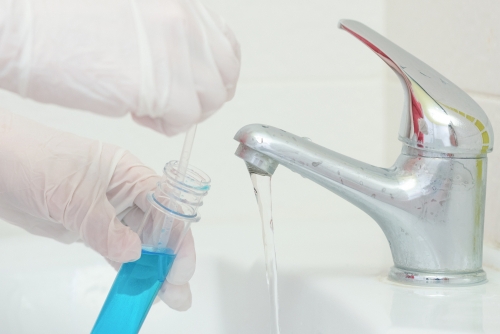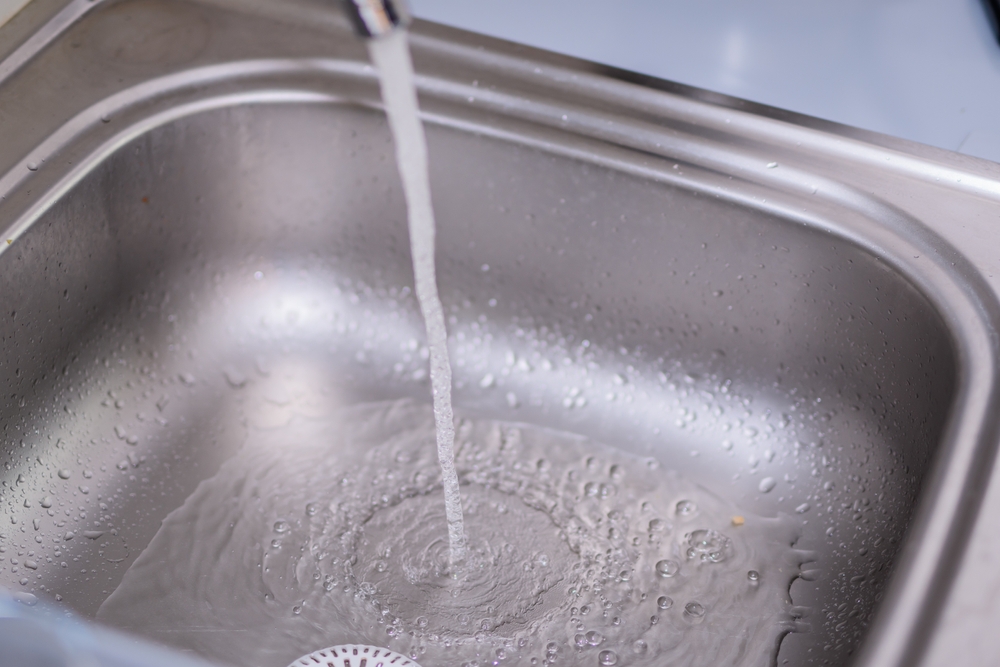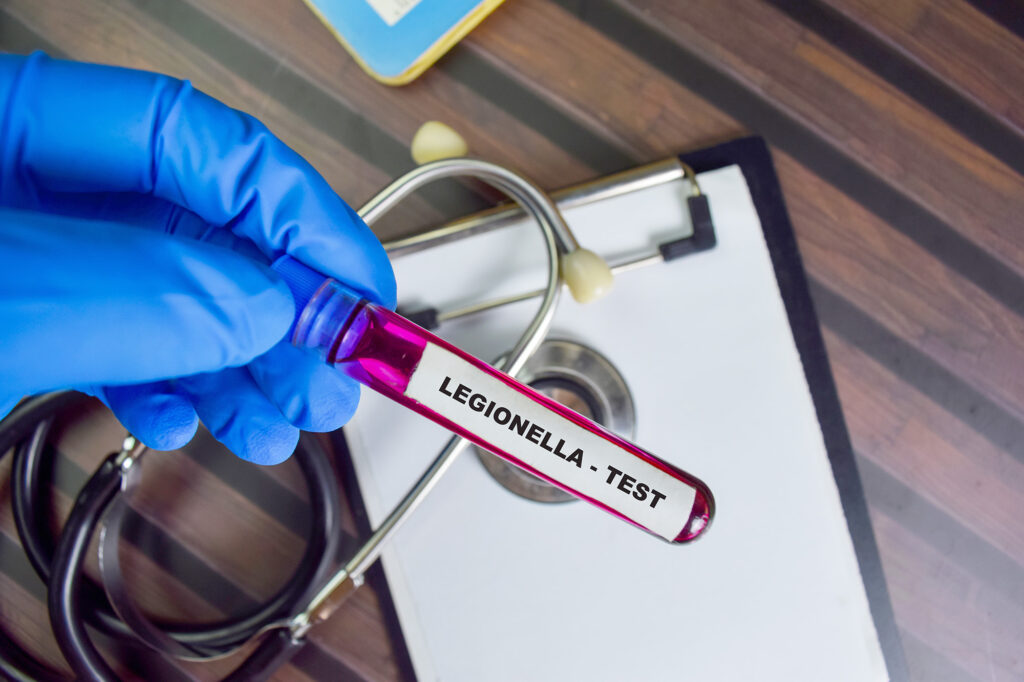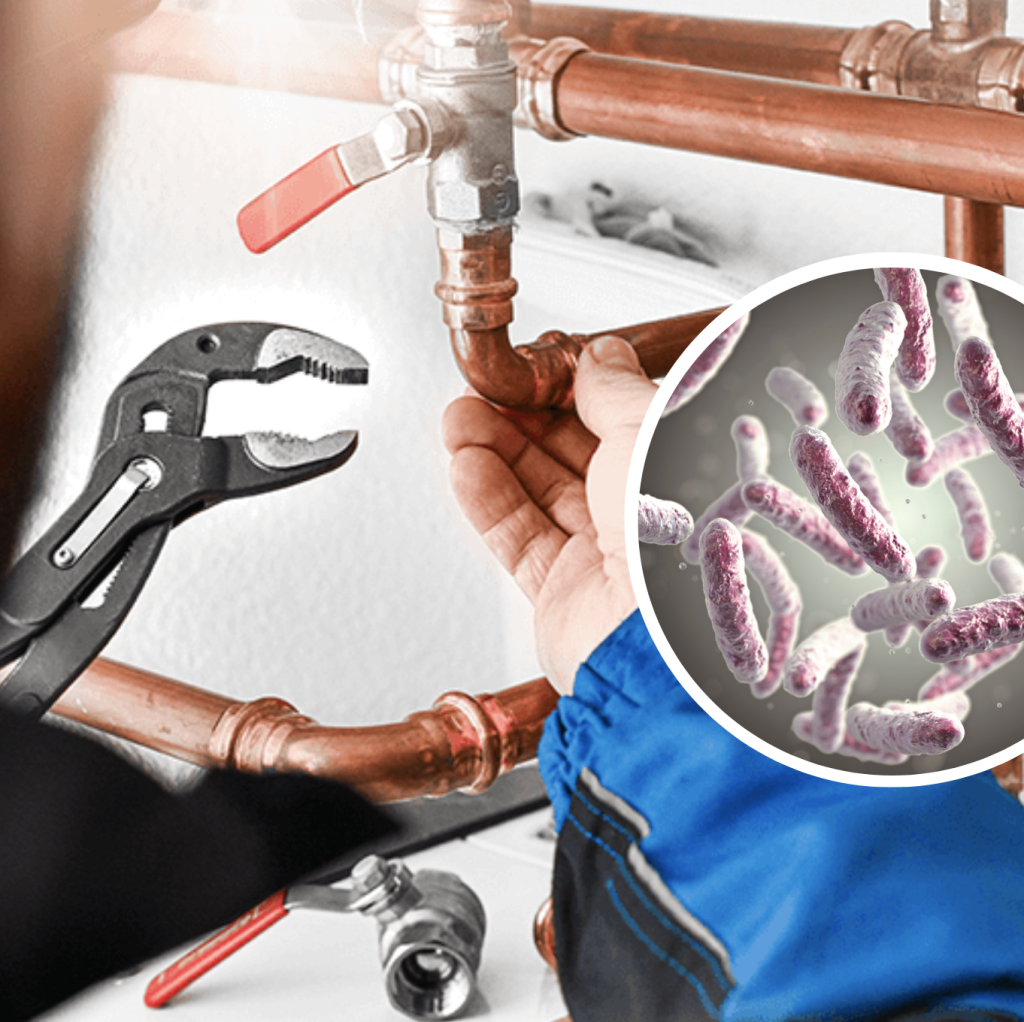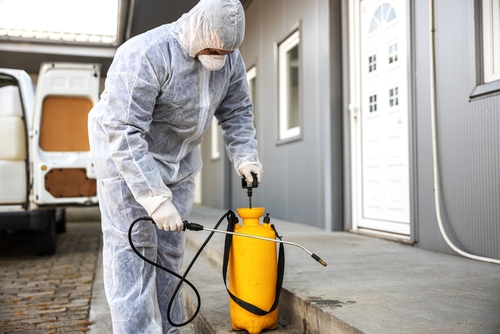Following the discovery of legionella bacteria on campus, a top University has increased water sampling to safeguard students living in halls. After routine tests confirmed the university had persistently elevated levels of legionella bacteria, they had to undertake extensive work to ensure safety for students.
Legionella water monitoring
Following government recommendations after reopening post pandemic, the university had begun conducting water sampling and monitoring of showers and other plumbing fixtures throughout the campus when Legionella bacteria was found.
When left unused, water tanks and pipes can be an excellent breeding ground for legionella, which can thrive in stagnant water. The danger of this then becomes when the water tanks begin to be used again, which means that the legionella bacteria can transfer to humans and can lead to legionnaires disease.
As legionella is passed on by inhaling infected droplets, this makes showering more prevelant due to increased chance of breathing in steam.
Legionella prevention
Because of the increased risk of legionella transmission via the showers, the university began remediation straight away. New ‘hospital grade’ shower heads were purchased to replace the old ones, in addition to treating, flushing and testing the existing water system.
Following the remediation efforts, the university has been allowed to reopen. They will be conducting regular water testing to ensure that the campus remains free from legionella bacteria.
This is a reminder to other universities and other public establishments where water systems are commonplace, that legionella water sampling is essential to protect the health of employees and service users.

